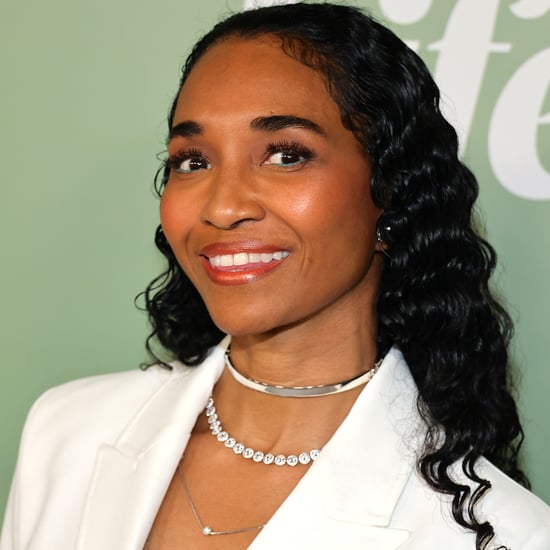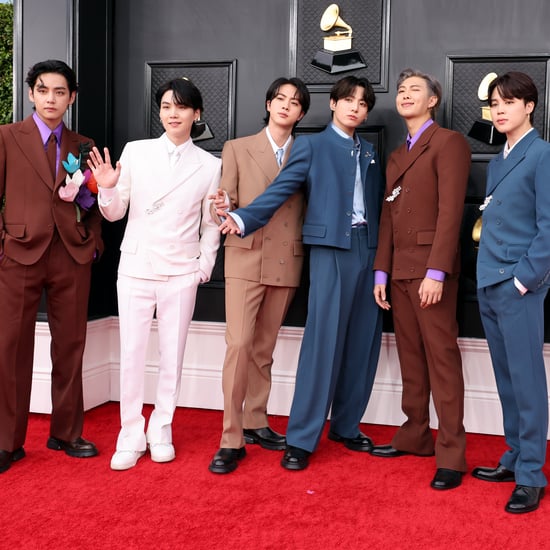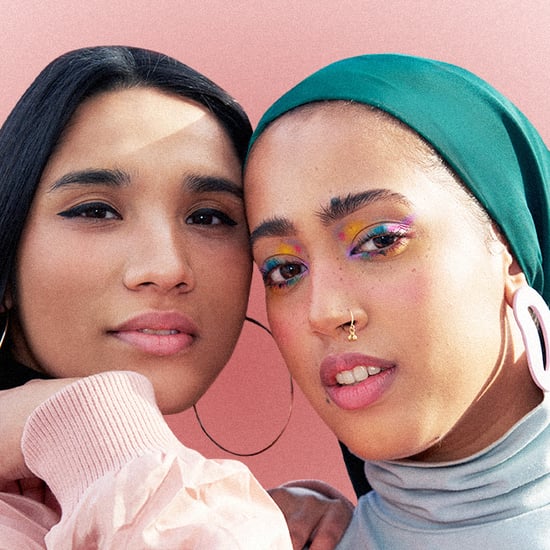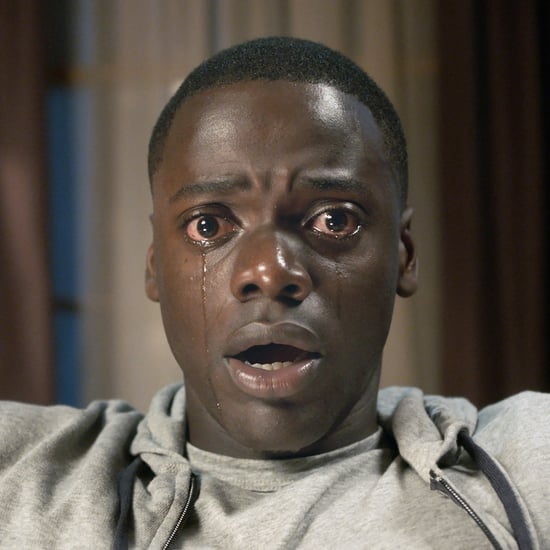Rodney King, George Floyd, and Police Brutality on Video
From Rodney King to George Floyd: What Seeing Police Brutality on Video Has Done — and Hasn't
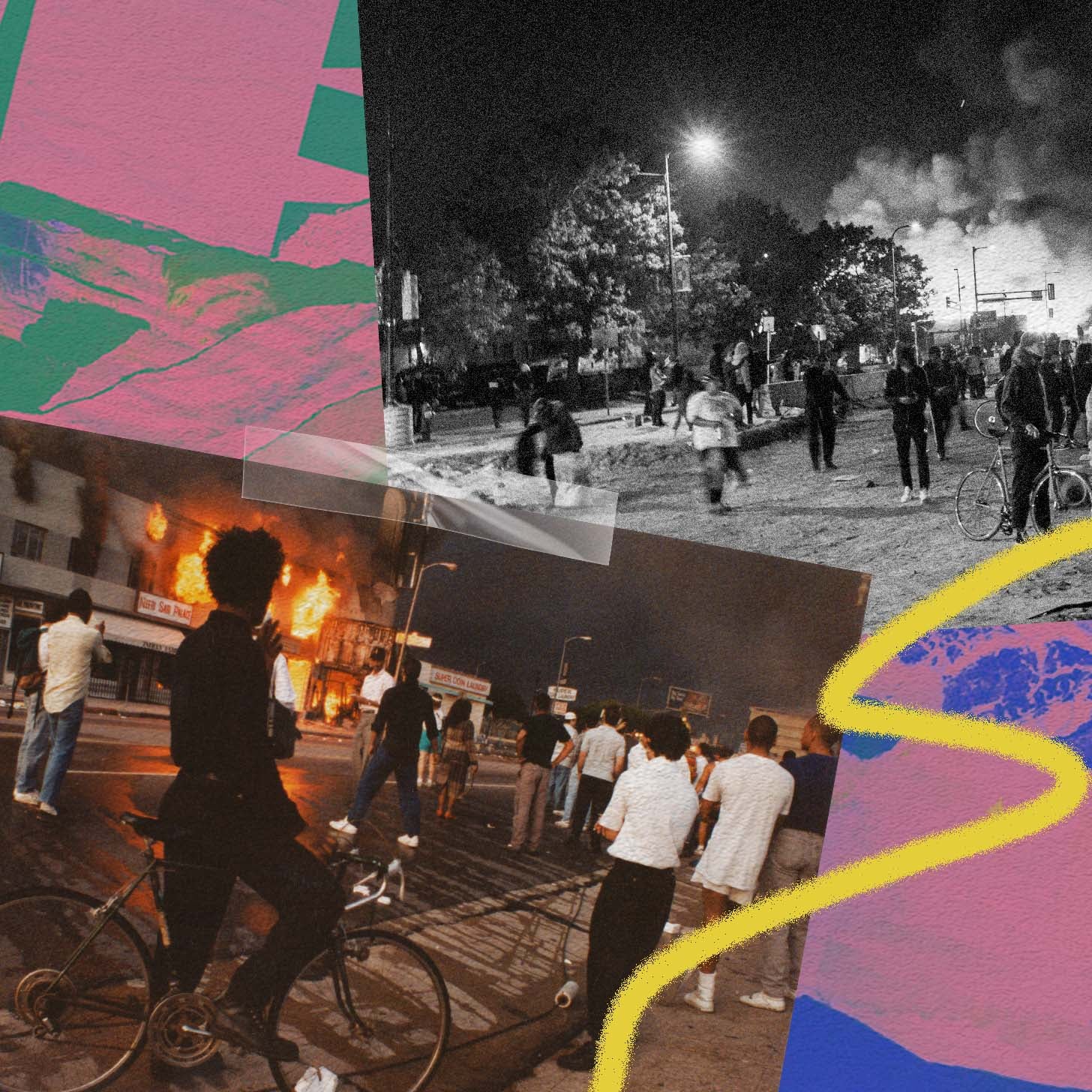
I was 10 years old when I saw the video of Rodney King's assault by the LAPD. What shocked me most was the relentless, inarguable quality of the baton strikes — again and again, the officers and their weapons rendered in cool grey by the black-and-white film.
What did that feel like? I wondered. Was it like being hit with a baseball bat? A pipe? A stick? I could scarcely imagine what King endured, and I could not understand why the cops kept going. I watched the video many times, looking for answers. I remember asking my mother, who is white, "Aren't the police scared they're going to hurt him?" I don't remember how she responded, but she was radically progressive; she probably said something like, "Hurting him is the whole point, honey." My experience with the video marked me deeply. Thirty years later, I can instantly conjure its brutal choreography.
A year after King's assault, I remember walking with my classmates to lunch when the verdict was announced: not guilty. The officers who nearly killed King were free to step out of that Ventura County courtroom, with the sunlight on their faces, free from punishment and consequence. By then, images from the LA riots had become prominent in my mind. But I remember seeing the King video again during the opening credits of Spike Lee's 1992 film, "Malcolm X." I knew in my body that the clip — which had now been viewed globally — was unimpeachable evidence of a crime, no matter what any jury decided. We had proof, even if only we knew it.
I felt the same way about the video of George Floyd's murder — that it was proof of a deadly criminal act, no matter what any jury deliberated. I have only seen clips of that video, most of which were unavoidable. But I didn't watch it fully. I am awed by the presence of mind and bravery of then-17-year-old Darnella Frazier, who used her phone to document the scene. Still, I have never subjected myself to the nine-minute entirety of that visible killing. I don't want to see such an intimate moment — Floyd's life being taken from him — while knowing so little about him. I don't want those images in my brain. I don't want their casual brutality imprinted in my memory.
Despite my personal corroboration, capturing police brutality on film offered no other guarantees; King's assault led to acquittals, and Floyd's murder to a conviction. The relief that coursed through me with the conviction of Derek Chauvin was unlike anything I've ever felt. I had never witnessed even a semblance of justice served in this way; since 2005, only seven police officers have been convicted of on-duty murder in this country.
I wish I could rely on Chauvin's conviction as evidence of progress, as proof that justice will always prevail. But I can't. Was this verdict just a fluke? There are too many videos in recent history where the killers of Black people have faced no consequences — from 43-year-old Eric Garner to 12-year-old Tamir Rice. It is too soon to make the Chauvin verdict the basis of any proclamations about racial justice in this country, as slowly and fitfully as we move on issues of anti-Black racism.
But something did change in me, between the public grief over King's beating and Floyd's murder: my own sense of sovereignty over how much of America's violence against Black people I will consume.
Images have power, whether or not they lead to lasting, seismic shifts in public policy and sentiment. Video, in particular, has another kind of power; it captures the sounds, colours, and motion of an event in real time. We should ask how these videos impact the wheels of justice and public opinion. But we should also ask the self-centreing questions. Does it damage me to see Black death in vivid colour? Does it harm me to watch the torture and degradation of Black people captured frame by frame, preserved for all time, always available to be rewatched by anyone with an internet connection? How could it not?
Audre Lorde said, "Caring for myself is not self-indulgence, it is self-preservation." Selfishness can be very good for Black people subject to insult, erasure, assault, and murder for centuries. In the context of Black survival, selfishness is necessary. This isn't something I understood when I repeatedly watched the video of King's beating.
I also understand the argument that watching police brutality videos is a way to bear witness and honour lost lives. Perhaps that's true, especially for Black viewers. But it is also my right, as a Black American woman, to refuse to watch. I have a right to the very serious work of self-care — work that, in this American culture, includes family preservation, community preservation, history preservation, and future preservation. When I preserve myself, I preserve my child, my relationships, and my ability to be a skillful, loving, global community citizen. I preserve the legacy of my ancestors and the potential of my progeny.
It's the unexpected lesson I've learned from the deluge of Black death videos: I don't have to watch them. While it's important to study their role in our so-called justice system, it is more important for me to understand their role in my Black life. Because the vile truth is that there will be more videos. And more after that. And more still.
I could spend my life watching and rewatching them, analysing and interpreting them. I could spend my life fighting the system; many people do. And thank God for their work; we need it desperately. But I am more interested in my well-being these days — my personal, selfish, private, Black well-being.
